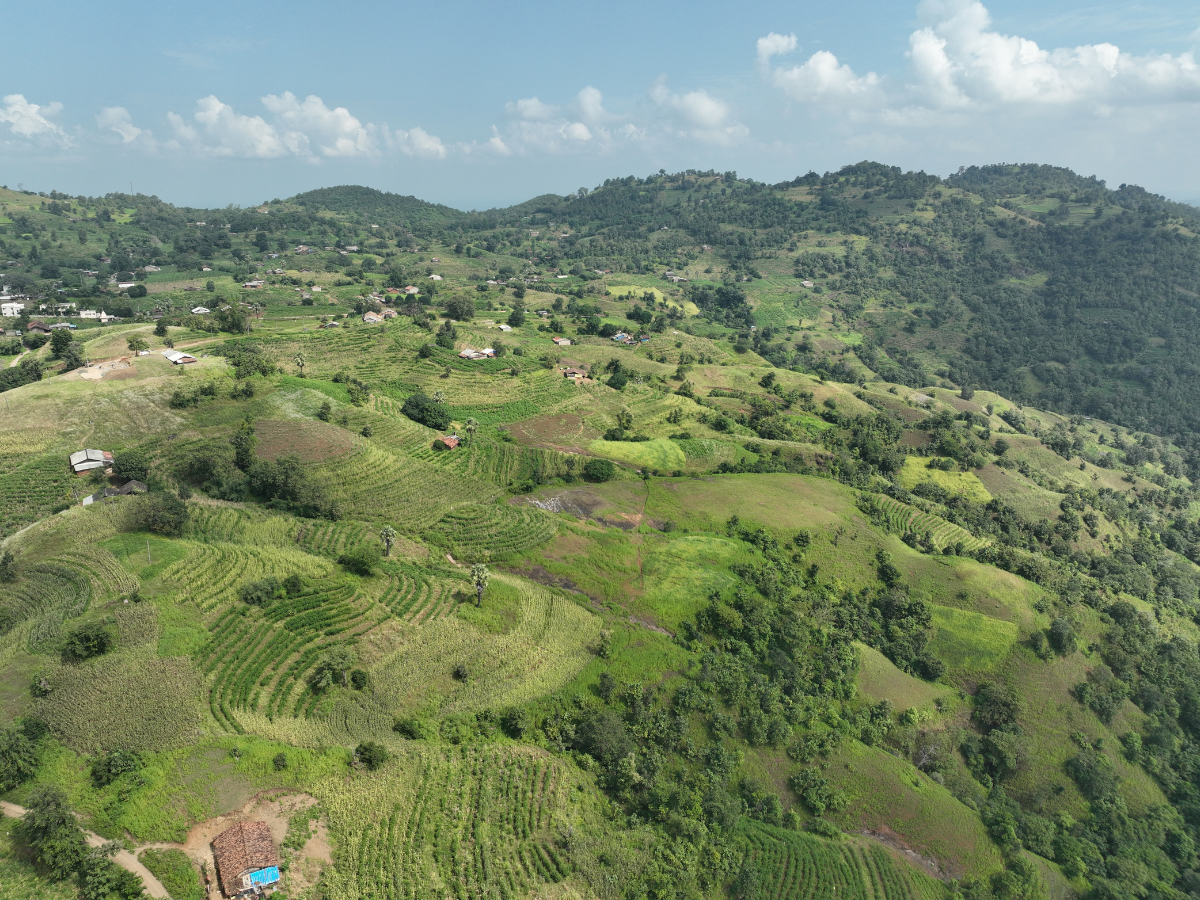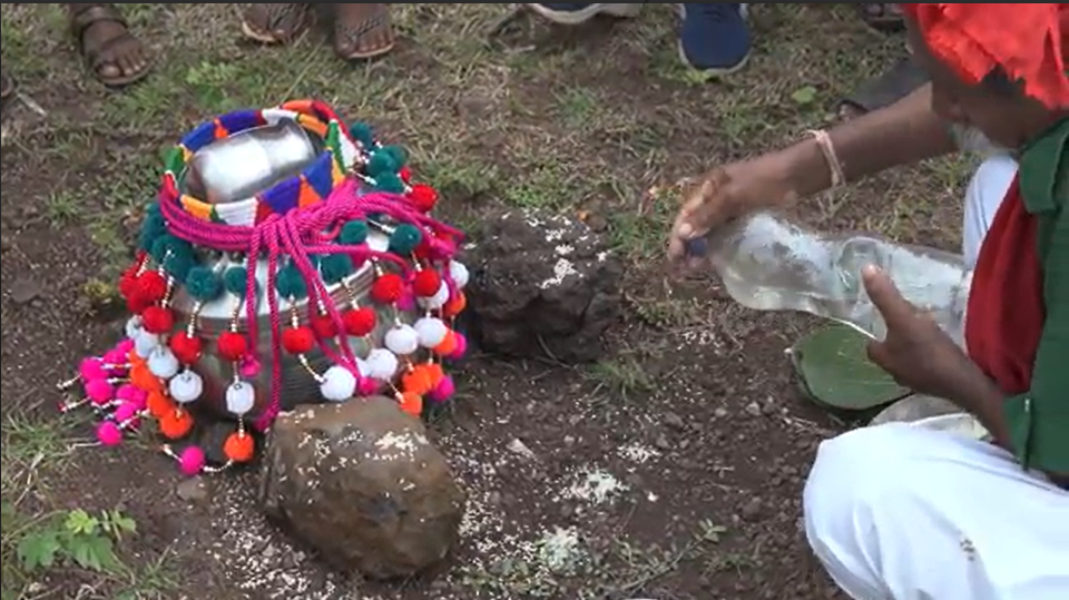
Themes
tribal ecological knowledge
Rathwa’s Ecological Knowledge , gujarat
Rathwa’s of Gujarat being part of deep ecological cycles, have that traditional practice of shifting cultivation for enhancing biodiversity and soil nurturing. They are growing several crops like maize, millet, pulses and others, and consciously try and use mainly indigenous varieties since this keeps the whole practice in balance. This strategy is also adapted to the semi-arid climate of the region, thus favoring sustainability over out-and-out commercial farming for the conservation of natural resources.
Knowledge of ecology of the local area stands in stark contrast to the ecological knowledge that the Rathwa have their knowledge about forests and biodiversity. The resulting tie with the forest enables them to collect medicinal plants, fruits, food, and raw materials in a manner that prevents depletion of the resource. The numerous sacred practices of the Rathwa encompass sacred groves, small tracts of forest whose ecosystem is rich, where community-based rules for managing the area ensure a balance between the sustenance of cultural practices and the need for forest conservation.
The Rathwa and its healers have extensive knowledge of herbal medicine, often involving over 50 plant species in the treatment of diseases. Some plants widely used due to their medicinal properties include neem, tulsi, and ashwagandha. Such traditional systems of medicine would have persuaded sustainability in a modern health-care set-up, thus portraying their bit towards ethnobotany as well as ecological sustainability by conserving medicinal plants in their native habitat. Small-scale irrigation practices have also ensured their adaptation towards conserving water, and harvesting techniques for collecting rainwater. They build check dams and wells to store rainwater to sustain their agriculture through dry periods. This water management demonstrates their cooperative adaption to the ecological challenges and to portray the environmental resilience and ingenuity of the tribe.

Rituals of the Rathwa tribe are a reinforcement of ecological values wherein nature is held sacred, and this reverence is ingrained in the ebb and flow of daily life. Such rituals include offerings to local deities at groves, therefore enhancing biodiversity by protecting specific areas of forest from exploitation. Such environmental consciousness acts as a cultural mechanism to maintain ecological equilibria, ensuring the survival of various plants and animal species in their natural habitats.

